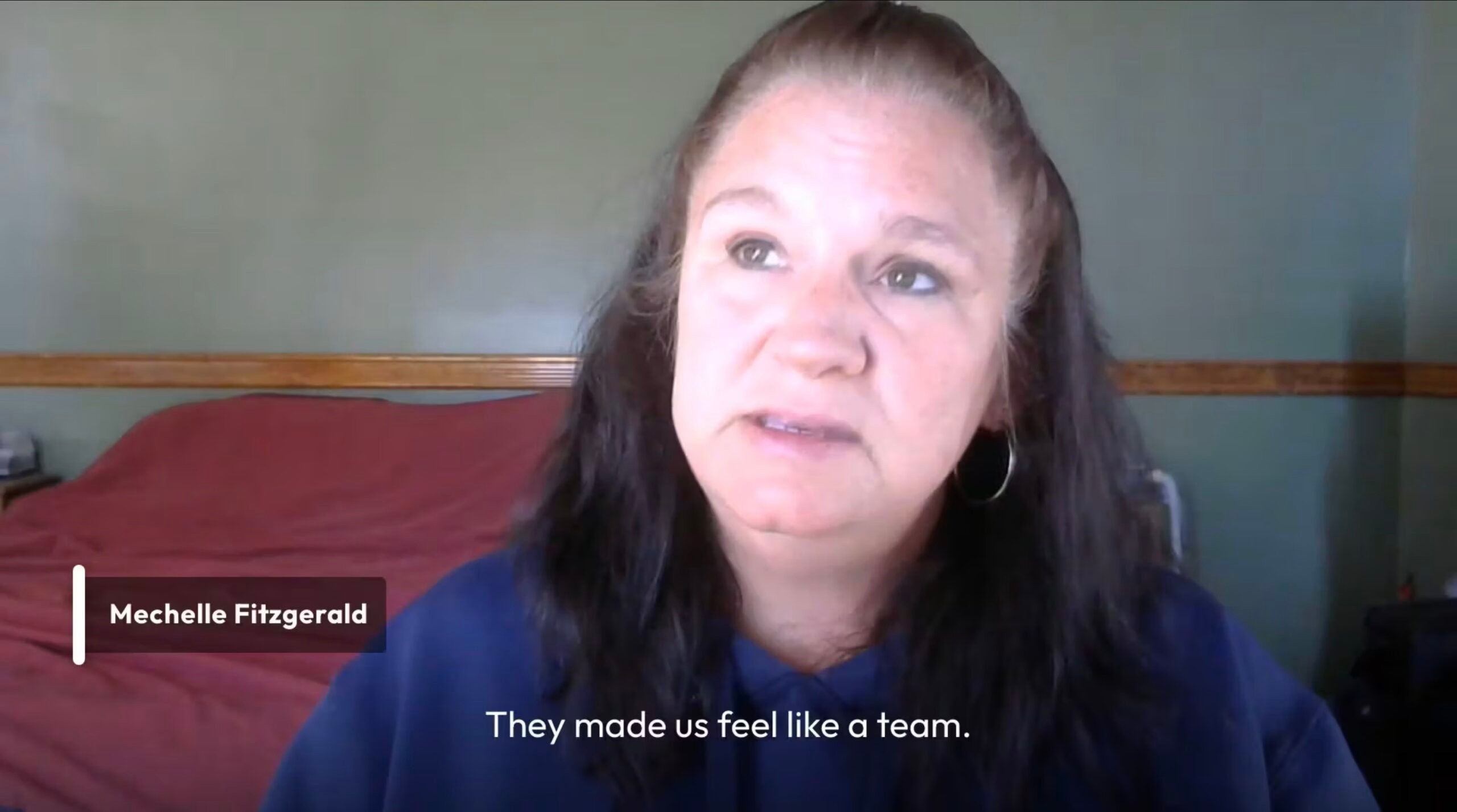Are Lawsuit Settlements Taxable?

What Do You Need to Know About Taxes on Your Lawsuit Settlement?
The IRS considers all types of income from any source taxable, unless they are specifically exempted within the Internal Revenue Code. While many varieties of lawsuit settlements are exempt from taxes, there are circumstances where plaintiffs may be required to pay the IRS. A knowledgeable Philadelphia personal injury lawyer can help you understand how the IRS’s often complex rules could impact your compensation.
Which Types of Lawsuit Settlements Are Taxable?
When deciding whether or not to tax a settlement, the IRS looks at the purpose of the payments and what they were meant to compensate the plaintiff for. If the payments are not related to expenses stemming from a physical injury or illness, they could be subject to tax.

Some examples of taxable settlements include:
Back Pay
If you sue a current or former employer for unpaid wages and receive a settlement, that money is treated the same way as regular paychecks. You will likely receive a W-2 for the amount of your payment. In addition to paying income tax, you will probably have Social Security and Medicare deductions.
Punitive Damages
Punitive damages may be awarded in personal injury cases where the defendant’s actions were intentional or so grossly negligent that the court has deemed it necessary to award additional damages to the plaintiff. For example, if a Pennsylvania dog owner willfully allows their dog to attack an innocent person, they may face punitive damages in addition to other damages. The IRS can tax these damages, even if they were awarded as part of a settlement for a physical injury.
Settlement Interest
Two types of interest can accrue on a settlement. The first is pre-judgment interest, which accrues between the time of the incident and the end of the trial. In many cases, it can be weeks, months, or even years before a plaintiff receives their settlement payment from the defendant. During this time between the judgment and the settlement payment, interest is accrued on the balance at a predetermined rate. This is known as post-judgment interest. Both types of interest are taxable.
Which Lawsuit Settlements Are Usually Tax-free?
The good news for plaintiffs is that many types of settlements are not subject to tax, including:
Personal Injury Settlements
According to US Code, any damages received for physical injuries or sickness, aside from punitive damages, are not counted as gross income and are therefore not taxable. This means settlements for personal injuries, including car accidents, slips and falls, and dog bites, are tax-free for the plaintiff.
Choosing to receive your compensation as a lump sum or through a structured payment plan does not impact your tax-free status.
Medical Expenses
If you receive a settlement designated for medical expenses you have incurred from an injury, that amount is tax-free. The exception to this rule is if you have already taken a tax deduction for these expenses.

In that case, you should contact a knowledgeable accountant or lawyer to determine your tax liability.
Insurance Payments
Any health or accident insurance payments you receive to pay for hospital bills, rehabilitation, surgeries, prescriptions, and other medical costs after an injury are also non-taxable. The IRS does not consider insurance payments as income because they only restore your financial equilibrium and do not increase your assets.
Workers’ Compensation Payments
Workers’ compensation protects employees who are hurt on the job by paying for at least a portion of their medical expenses, lost wages, and vocational training for a new position, if necessary. Because these losses happened due to injury or sickness, the workers’ comp payments are non-taxable.
Wrongful Death Settlements
In most cases, wrongful death settlements are not taxable for the surviving family members. The only portions that may accrue taxes are amounts awarded as punitive damages, settlement interest, and any payments for emotional distress unrelated to injury or sickness.
How Are Settlements for Pain and Suffering and Emotional Distress Handled?
As noted above, the IRS does not tax settlements related to physical injury or sickness. If your pain and suffering or emotional distress directly resulted from a bodily injury or illness, then it will be non-taxable. However, some types of settlements for emotional suffering unrelated to physical harm could be subject to tax. For example, if you filed a lawsuit against your employer for emotional distress caused by workplace discrimination, you would likely need to pay taxes on your settlement.

Some lawsuits fall into a gray area as well as far as taxes are concerned, such as sexual abuse and harassment cases, because they may be considered to involve both physical and emotional injuries. Unfortunately, the IRS has not always been consistent in how they tax settlements from these cases, so it is vital to discuss your tax situation with your lawyer to understand the applicable laws.
Why is It Crucial to Discuss Your Tax Liability With Your Lawyer?
A firm grasp of how tax issues can impact the compensation you will ultimately receive is essential. You do not want to have any unexpected surprises at the conclusion of your case or realize too late that the amount you settled for will not be enough to cover your losses after taxes and lawyer fees are paid. A competent lawyer will ensure that you are well-informed on if and how your settlement will be taxed so you can feel confident about your finances. If you have questions about taxes on your settlement, contact our office today to discuss your concerns with a helpful personal injury attorney.
![Quote]() "Want to thank all of you once again not only for your professional services but your friendship and feeling like family through all of these past four years as we fought to rebuild Stefanie's life. I could not have made a better choice for helping us through this ordeal."
"Want to thank all of you once again not only for your professional services but your friendship and feeling like family through all of these past four years as we fought to rebuild Stefanie's life. I could not have made a better choice for helping us through this ordeal."Karl
- "They are all very helpful, caring and they do everything to try to make sure you as a client are OK and get you what you deserve. I would recommend them to anyone. They are a great law firm."
Tiffany
![Quote]() "I will happily be recommending your firm to anyone who may need your help in the future because of Jen, Eric and Brian."
"I will happily be recommending your firm to anyone who may need your help in the future because of Jen, Eric and Brian."Michelle
Hear What Our Clients Have to Say






